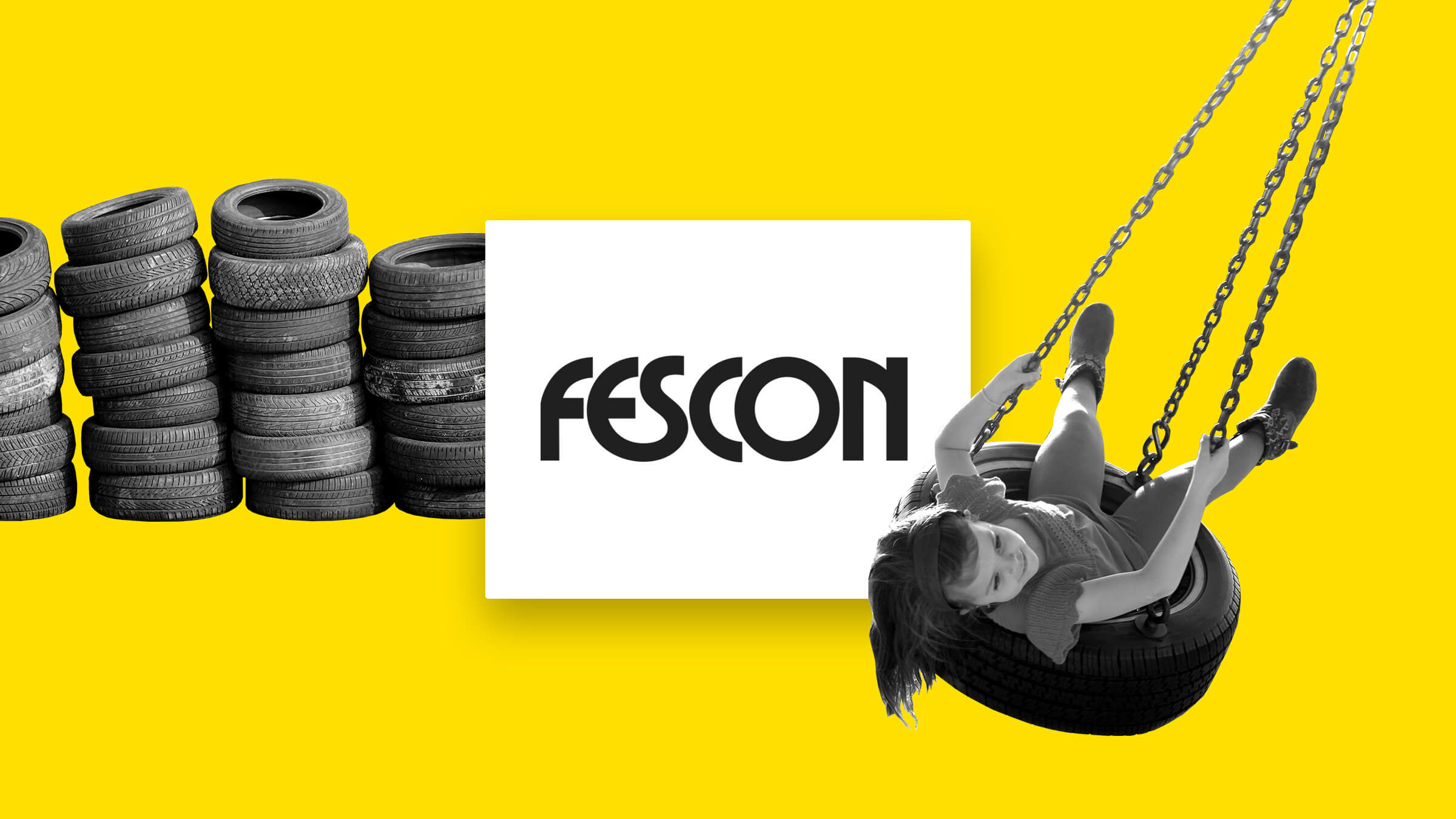Problem
Fuel is burned in the fluidised bed boilers of heating plants and thermal plants that use biofuel. However, sand, which is normally used as the fluidised bed material, erodes the boiler and binds impurities from the burned material, which in turn erodes the fluidised bed. A large power plant uses thousands of tons of sand every year. Finding and extracting the right kind of sand takes time and resources, and also consumes non-renewable natural resources. In addition to heat, the combustion process produces ashes that must also be recycled.
Solution: more functional and long-lasting fluidised bed material from recycled raw material
Fescon’s new fluidised bed material replaces sand in power plants. The bed material made from blast furnace cinder produced by the steel industry rejects impurities and erodes the boiler less than sand. This lengthens the lifetime of both the fluidised bed and the boiler. At the same time, it reduces the amount of bottom ash. The intervals between changing the bed material made from blast furnace cinder is about six times longer than the interval between changes of sand beds.
Revenue logic and benefits to Fescon
Fescon supplies fluidised bed material to the customer on the basis of a service agreement, according to which the customer pays for the amount supplied. Power plant operators are familiar with this revenue logic. The material used has enabled the company to launch exports as the availability of blast furnace cinder, a by-product of the steel industry, is guaranteed.
Benefits to customers and end users
Thanks to the new fluidised bed material, there will be less erosion in the boilers of power plants. At the same time, the lifetime of individual fluidised beds and the intervals between changing them will lengthen. The bed material made of blast furnace cinder can also be used at higher temperatures than the bed material made of sand, in which case combustion is cleaner, and the process produces less bottom ash than before.

















Recommended
Have one more?